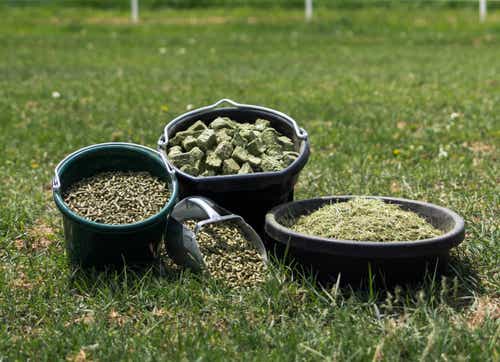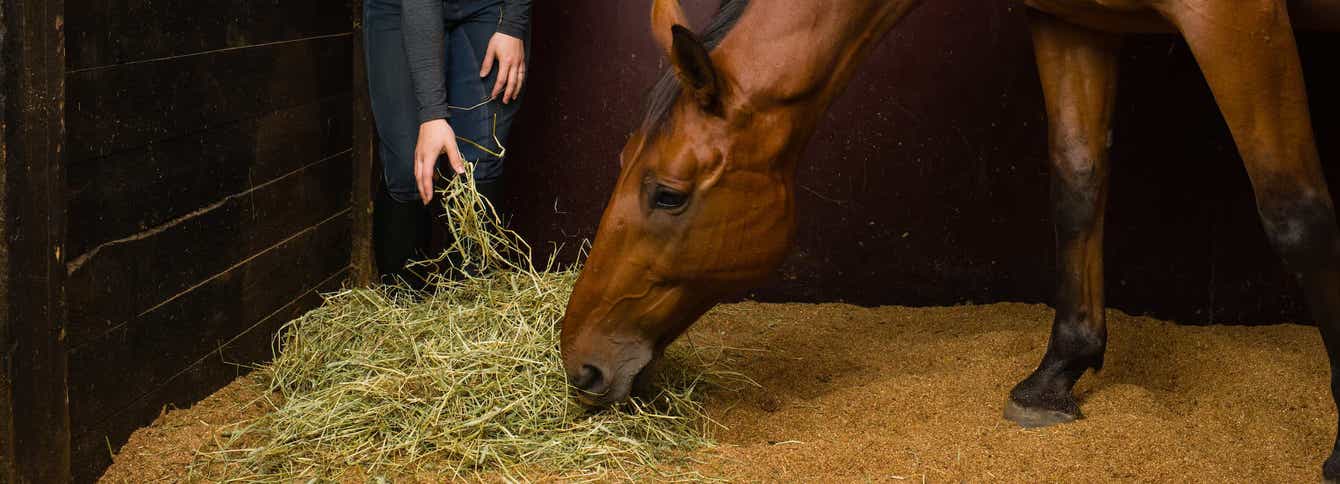
Maximizing Equine Nutrition: Your Guide to Standlee Grab & Go® and Compressed Bales
We receive many inquiries about our popular Grab & Go® and Compressed Bales. As a result, we decided to feature these products by answering some frequently asked questions. 1.) What are Grab & Go and Compressed Bales? Standlee’s Grab & Go and Compressed Bales are innovative solutions designed to meet the nutritional needs of your horses. These bales are created by slicing a 4’x’4’x8’ large...
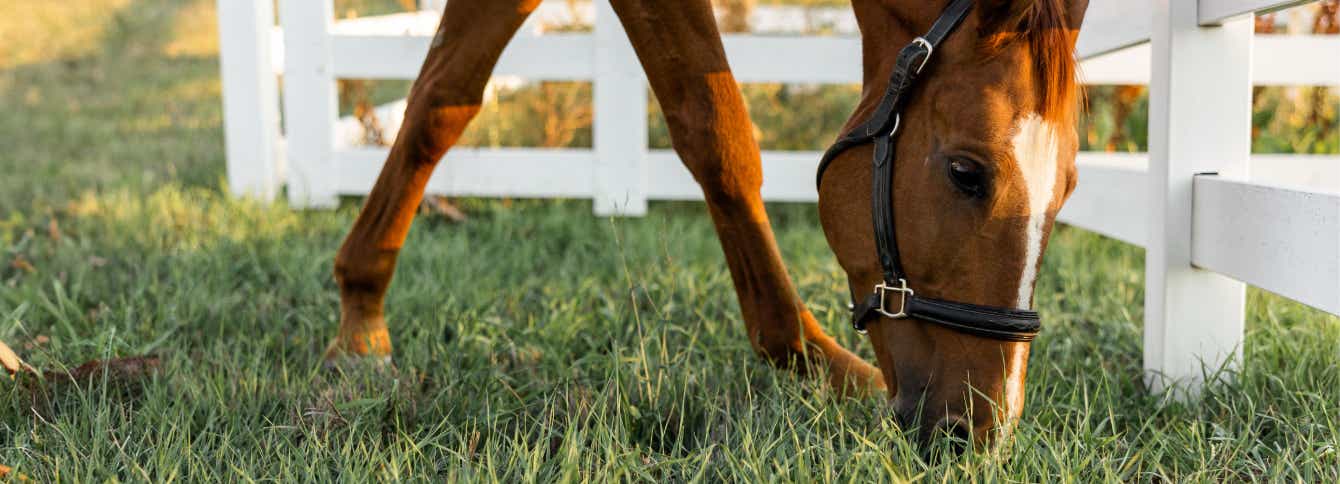
Preparing Your Horse For Spring Pasture
As pastures begin to flourish with lush greenery, the temptation to release animals early for grazing intensifies. However, the readiness of your horses and pastures varies depending on location and individual circumstances. While some may already be grazing, others might not be quite prepared. Regardless, the decision to initiate spring pasture grazing should be guided by the condition of your...
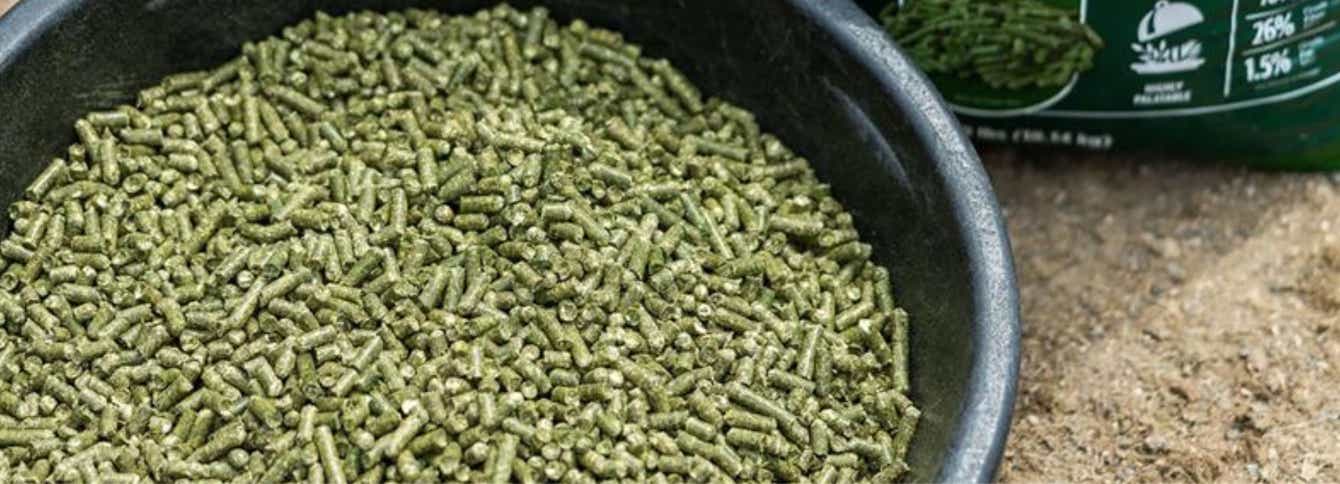
The Scoop on Forage Pellets for Horses
Are you curious about hay pellets? What are they, how are they made, how do you feed them, and which horses will benefit from consuming forage pellets? How Standlee Makes Pellets Hay pellets consist of dried forage, such as alfalfa and grasses, that are formed into 0.25" wide x 0.75 – 1.25" long pieces. To make a hay pellet, Standlee Forage first grows the plants to the proper maturity stage, then...
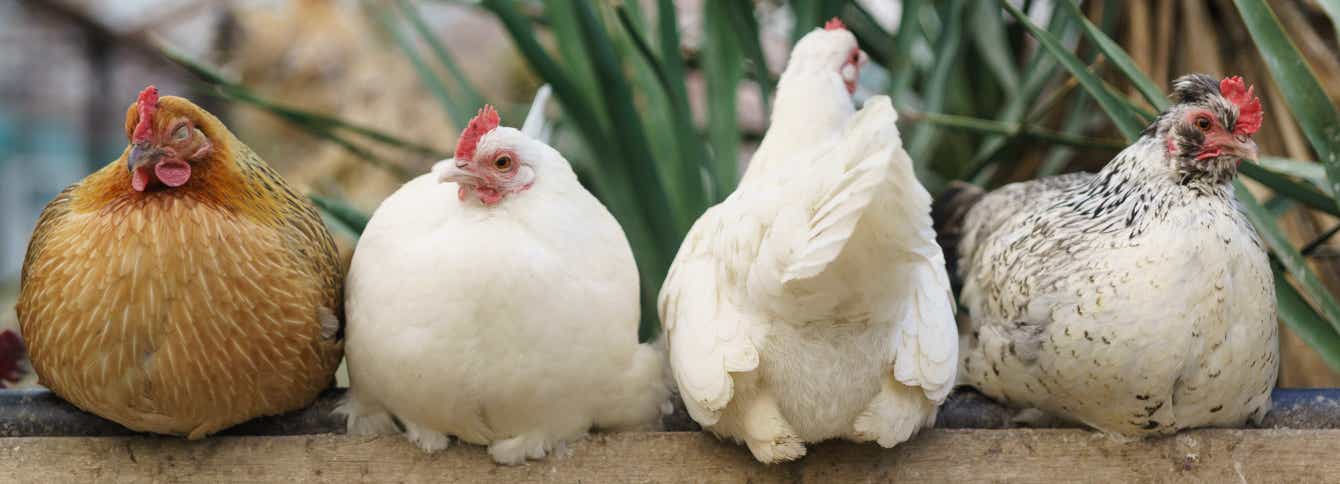
The Scoop On the Coop: How to Raise Happy and Healthy Chickens
Are you thinking about adding chickens to your family as pets? Before you dive into the world of feathered companionship, there are essential steps you need to take to ensure a smooth and hassle-free process. From understanding local regulations to choosing the right chicken breeds, this article will provide you with an essential checklist to crack the code of getting chickens as pets. By the end,...
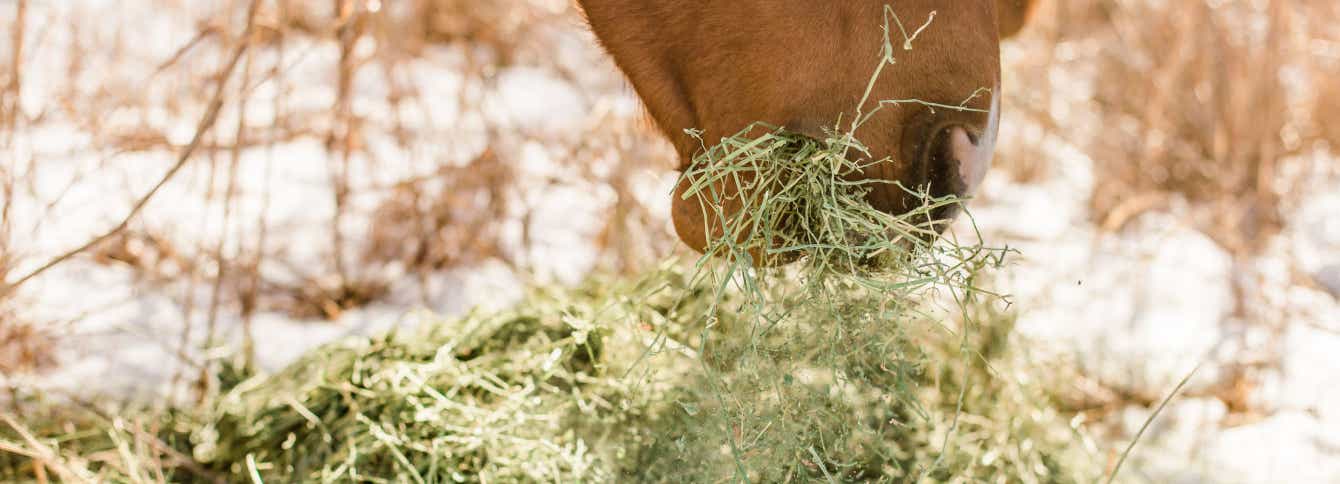
Selecting the Proper Forage for Your Horse
The most significant component of a horse's diet is forage in the form of pasture, baled hay, hay pellets, or hay cubes. Selecting the proper forage for your horse makes a big difference in satisfying the horse's nutritional needs; the appropriate forage can significantly impact the horse's health and longevity. Forage Quality Before we consider which type of forage may be best" for your horse,...


